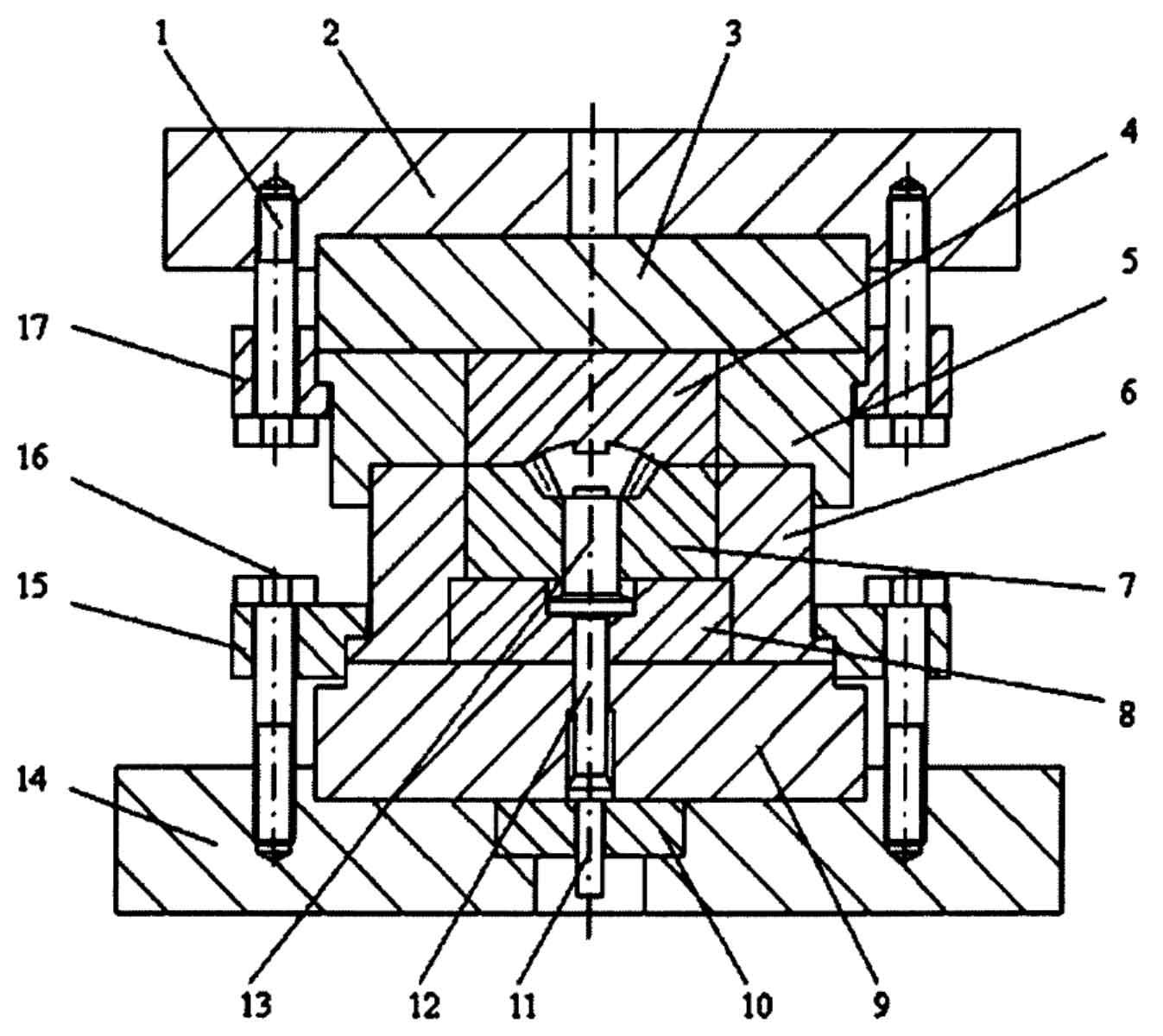Gear forging plays a crucial role in heavy-duty applications where robust and reliable gear systems are essential for transmitting high torque, withstanding heavy loads, and operating in challenging conditions. Let’s explore how gear forging contributes to stronger connections and its significance in heavy-duty applications:

- Strength and Durability: Heavy-duty applications place significant demands on gear systems, requiring them to handle high torque, heavy loads, and harsh operating conditions. Gear forging produces gears with superior strength and durability compared to other manufacturing methods. The forging process refines the grain structure of the metal, resulting in enhanced mechanical properties and resistance to wear, fatigue, and impact. Forged gears can withstand the extreme forces and stresses encountered in heavy-duty applications, providing a strong and durable connection between gear components.
- Load-Carrying Capacity: Heavy-duty applications often involve the transmission of substantial power and torque. Forged gears are capable of handling these high loads due to their enhanced strength and toughness. The controlled deformation during forging aligns the grain structure along the gear tooth profile, allowing for efficient load distribution and improved load-carrying capacity. This ensures that the gears can transmit power reliably and maintain their integrity under heavy loads.
- Shock and Impact Resistance: Heavy-duty applications may subject gear systems to sudden shocks and impacts, such as during heavy machinery operations or off-road vehicle use. Forged gears exhibit excellent shock and impact resistance due to their improved toughness and ductility. They can absorb and withstand sudden load variations and impacts without deformation or failure, providing a reliable and robust connection between the gear components.
- Wear and Fatigue Resistance: Heavy-duty applications often involve continuous and repetitive gear operations, which can lead to wear and fatigue. Gear forging enhances the resistance to wear and fatigue by optimizing the grain structure and surface hardness. The refined grain flow and improved mechanical properties of forged gears make them highly resistant to surface wear, pitting, and micropitting, ensuring a long operational life and maintaining the strength of the gear connection.
- Reliability and Longevity: Heavy-duty applications require reliable and long-lasting gear systems to ensure smooth and uninterrupted operation. The superior strength, durability, and wear resistance of forged gears contribute to their long operational life. They can sustain heavy loads, resist wear and fatigue, and withstand harsh operating conditions, making them a reliable choice for heavy-duty applications. The strong connections provided by forged gears minimize the risk of gear failures, reducing downtime and maintenance costs.
- Customization and Optimization: Gear forging allows for customization and optimization of gear designs to meet the specific requirements of heavy-duty applications. The forging process offers design flexibility, enabling the production of gears with tailored tooth profiles, sizes, and shapes. This customization ensures that the gears are optimized for maximum strength, load-carrying capacity, and efficiency in heavy-duty applications.
In heavy-duty applications such as construction machinery, mining equipment, industrial gearboxes, and marine propulsion systems, gear forging provides the necessary strength, durability, and performance capabilities. It ensures stronger connections between gear components, enabling efficient power transmission, reliable operation, and extended service life in demanding environments.
